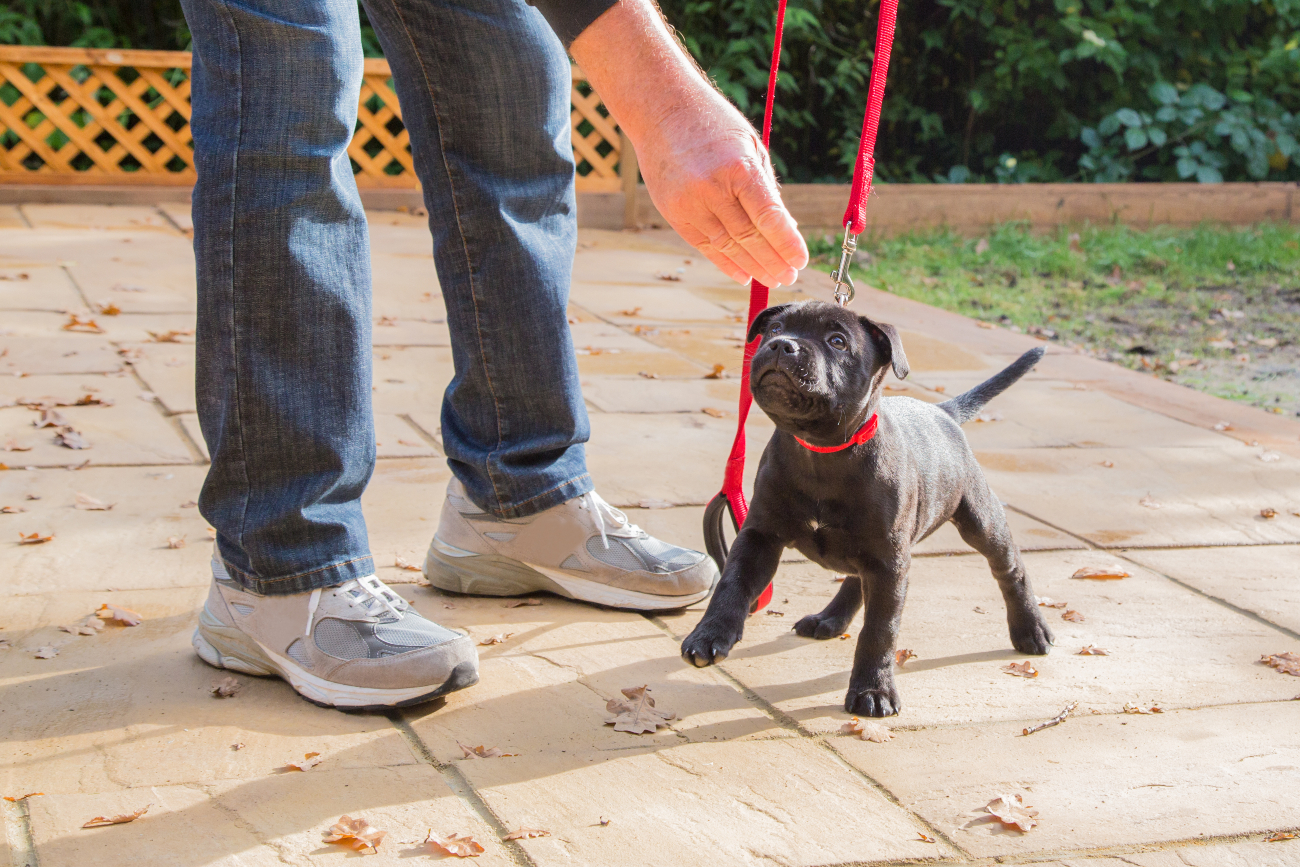What is fading kitten syndrome?
19th April, 2024
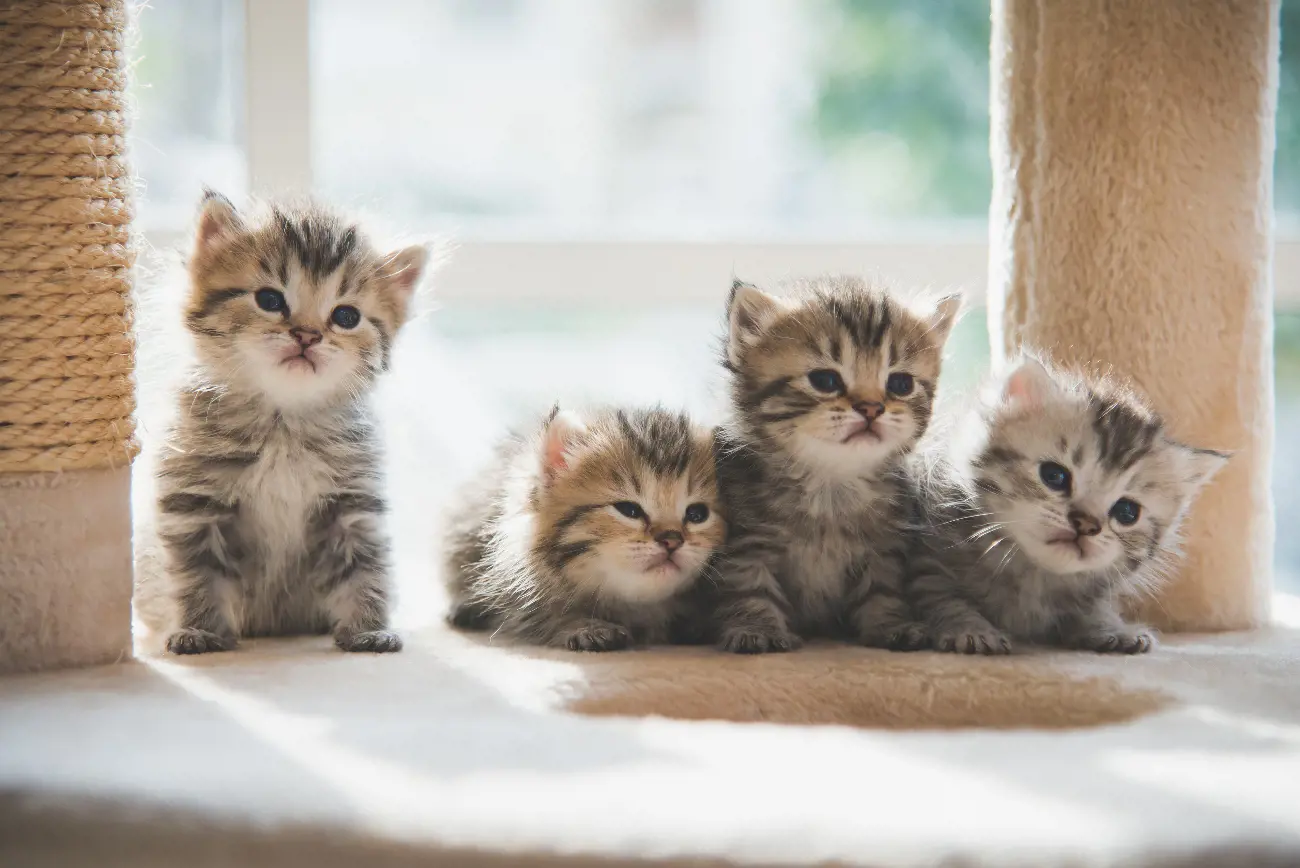
Fading kitten syndrome refers to a set of symptoms and conditions that can affect newborn kittens, often causing them to become weak and, in some cases, even pass away. It is important to understand what fading kitten syndrome is, its causes, and how to identify the early signs and symptoms.
By learning about this condition, you can better understand the risk factors, diagnosis, and treatment options available.
Key takeaways
- Fading kitten syndrome refers to the decline in health and failure to thrive of newborn kittens.
- Causes of fading kitten syndrome include inadequate nutrition, genetic abnormalities, bacterial or viral infections, environmental stressors, or an insufficient immune system.
- Risk factors for fading kitten syndrome include lack of socialisation, harsh living conditions, poor maternal health, lack of veterinary care, and early weaning or separation from the mother cat.
- Treatment for fading kitten syndrome may include fluid therapy, antibiotics, nutritional support, alternative therapies, and supportive care, with the goal of keeping the kittens warm and comfortable.
Defining fading kitten syndrome
Fading kitten syndrome is the condition in which newborn kittens experience a decline in health and fail to thrive. This syndrome is a significant concern for cat owners and breeders, as it can lead to high mortality rates among young kittens. Understanding the causes and implementing preventive measures are crucial in combating this condition.
As we delve into the causes of fading kitten syndrome, it becomes clearer how certain factors can contribute to the decline in health and wellbeing of newborn kittens.
Causes of fading kitten syndrome
Environmental factors play a significant role, such as exposure to extreme temperatures, lack of proper nutrition, or inadequate care. Additionally, some kittens may have a genetic predisposition to fading kitten syndrome, making them more susceptible to its effects. It is important to intervene early and provide the necessary support and medical attention to give these kittens the best chance of survival.
Environmental factors
Environmental stressors can have a significant impact on the overall health and well-being of kittens, potentially leading to the development of fading kitten syndrome. These stressors can include extreme temperatures, inadequate nutrition, poor sanitation, and overcrowding.
When kittens are exposed to these unfavourable conditions, their immune systems may become weakened, making them more susceptible to bacterial infections and diseases. Additionally, the stress caused by environmental factors can also lead to a decrease in the litter size.
It is essential to provide a clean and comfortable environment for kittens, with proper nutrition and body temperature regulation, in order to minimise the risk of fading kitten syndrome.
Genetic predisposition
Some kittens may inherit certain genetic traits that make them more susceptible to FKS. While the exact genes involved are not fully understood, research suggests that hereditary factors play a role in the development of this syndrome.
Genetic testing can help identify these predispositions, allowing breeders and veterinarians to make informed decisions when breeding or treating affected kittens. By identifying the specific genetic markers associated with fading kitten syndrome, researchers hope to gain a better understanding of the underlying mechanisms of the syndrome. This knowledge may eventually lead to improved diagnostic tools and targeted treatments for kittens at risk.
Cat insurance considerations
Vet bills can quickly add up if your young kitten falls ill. Cat insurance can provide peace of mind, knowing that you won't be caught off guard by unexpected expenses. It's a safety net that helps ensure your kitten gets the best possible care right from the start.
To get a cat insurance quote for your furry friend you can get a quote through our website by clicking here. If you would like to talk to one of our cat insurance team, you can get in touch with us on 0330 102 5748.
Disclaimer: Purely Pets pet insurance policies do not cover cats or dogs below 8 weeks of age.
Early intervention
Timely care plays a crucial role in preventing the progression of this condition and increasing the chances of survival for affected kittens. The impact of early intervention cannot be overstated, as it can make a significant difference in their overall well-being.
Here are four reasons why early intervention is of utmost importance:
- Prevention of further decline: Early intervention allows for prompt identification and treatment of underlying causes, such as infections or nutritional deficiencies, before they worsen and lead to irreversible damage.
- Improved hydration and nutrition: Timely care ensures a young kitten receives adequate fluids and nutrients, preventing dehydration and malnutrition, which are common complications of fading kitten syndrome.
- Early detection of congenital abnormalities: Prompt intervention increases the likelihood of identifying congenital abnormalities early on, allowing for appropriate management and potential improvement in the kitten's condition.
- Enhanced chances of survival: By addressing the causes of fading kitten syndrome promptly, the kitten's overall prognosis improves, increasing their chances of survival and a healthy life.
Early signs and symptoms
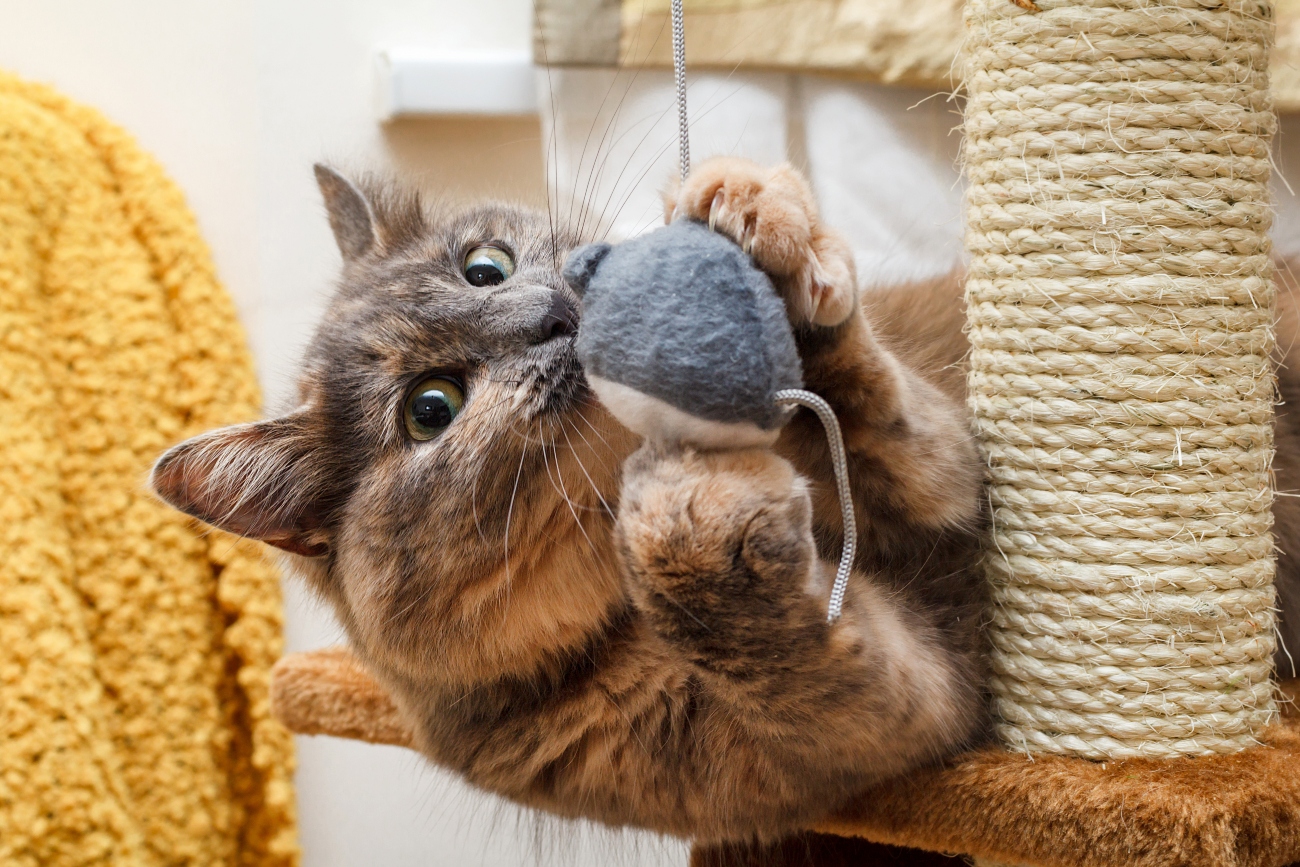
Recognise the early signs and symptoms of fading kitten syndrome by observing changes in their behaviour and physical condition. Early detection is crucial in order to provide timely treatment options and increase the chances of survival for a young kitten.
Here are some common signs to look out for:
- Poor appetite
- Lethargy
- Failure to thrive
- Paleness in skin
- Low body temperature
- Rapid or laboured breathing, coughing, or sneezing
If you notice any of these symptoms in a newborn kitten, it is important to seek your veterinarian immediately.
Risk factors for developing fading kitten syndrome
To better understand fading kitten syndrome, it is important to be aware of the risk factors that can contribute to its development. Here are four key factors to consider:
- Importance of proper nutrition: Kittens rely on their mother's milk for essential nutrients in the first few weeks of life. If a kitten does not receive adequate nutrition during this critical period, their immune system may weaken, making them more susceptible to fading kitten syndrome. Providing proper nutrition, such as high-quality kitten formula, is crucial for their overall health and development.
- Role of socialisation in preventing fading kitten syndrome: Kittens need social interaction from an early age to thrive. Lack of socialisation can result in stress and weaken their immune system, increasing the risk of fading kitten syndrome. Regular handling, gentle play, and exposure to different environments can help a very young kitten build resilience and strengthen their immune system.
- Environmental factors: Harsh or unsanitary living conditions, exposure to extreme temperatures, and overcrowding can contribute to the development of fading kitten syndrome. Providing a clean, comfortable, and stress-free environment is important to minimise the risk of this syndrome.
- Maternal health: A mother cat's health plays a crucial role in the well-being of her kittens. Poor maternal health, such as infections or malnutrition, can increase the likelihood of fading kitten syndrome. Regular veterinary care and proper nutrition for the mother cat are essential to ensure the health of her offspring.
Understanding these risk factors can help caretakers take proactive measures to prevent fading kitten syndrome and ensure the well-being of their furry friends.
Diagnosing fading kitten syndrome
When it comes to diagnosing fading kitten syndrome, there are various diagnostic tests available. Blood work and fecal examinations can help determine the underlying cause of the syndrome. Once a diagnosis is made, there are treatment options that can be explored to help improve the kitten's condition.
Treatment options
To appropriately diagnose fading kitten syndrome, your veterinarian will offer various treatment options. These treatment options aim to improve the overall health and well-being of the affected kittens. Here are some of the treatment options available:
- Fluid Therapy: Administering fluids either subcutaneously or intravenously can help combat dehydration and provide vital nutrients to the sick kitten.
- Antibiotics: If an infection is suspected or diagnosed, antibiotics may be prescribed to fight off the infection and prevent further complications.
- Nutritional Support: Ensuring that the kittens receive proper nutrition is crucial. Your veterinarian may recommend specialised kitten formula or a feeding tube if necessary.
- Alternative Therapies: In addition to conventional treatments, alternative therapies like acupuncture or herbal remedies may be explored for their potential benefits in improving treatment effectiveness.
Outlook and prognosis
If you have followed the preventive measures to avoid fading kitten syndrome, you may still wonder about the outlook and prognosis for affected kittens. The outlook for long-term health of kittens with fading kitten syndrome can vary depending on the severity of their condition and the promptness of veterinary intervention. Unfortunately, some kittens may not survive despite medical intervention. However, with early detection and appropriate treatment, many kittens can recover and go on to live healthy lives.
It's important to note that kittens with fading kitten syndrome may have an impact on their litter mates. The condition can be contagious, and it's crucial to isolate and provide separate care for affected kittens to prevent the spread of any potential infections to other kittens. Additionally, the stress of caring for sick kittens may affect the overall well-being of the litter mates.
If you suspect that a kitten in your litter is affected by fading kitten syndrome, it is essential to seek veterinary care immediately. The veterinarian will be able to provide a more accurate prognosis based on the specific circumstances and condition of the affected kitten. Remember, early intervention can greatly improve the chances of a positive outcome for affected kittens.
Conclusion
Overall, fading kitten syndrome is a serious condition that can affect neonatal kittens. While the prognosis for fading kittens may be uncertain, prompt diagnosis and treatment can greatly improve their chances of survival. By taking preventive measures and seeking veterinary attention when necessary, we can help ensure the well-being of these vulnerable little ones.
Frequently asked questions
How common is fading kitten syndrome?
It is important to note that the prevalence rate of fading kitten syndrome varies, but there are certain risk factors that can increase the chances of kittens developing this syndrome.
Can fading kitten syndrome be prevented?
To prevent fading kitten syndrome, you can take preventive measures such as ensuring a clean and warm environment, providing proper nutrition, and regular check ups with a veterinarian. Early intervention is crucial for their survival.
Are certain breeds more susceptible to fading kitten syndrome?
Certain cat breeds may be more susceptible to fading kitten syndrome. Factors such as genetics, breed size, and environmental conditions can contribute to the syndrome in specific breeds. It is important to be aware of these risks and take appropriate measures to prevent it.
Can fading kitten syndrome be cured?
Unfortunately, there is no cure, but treatment options focus on managing symptoms and providing supportive care to improve their chances of survival.
Helpful Pages
Recent Posts
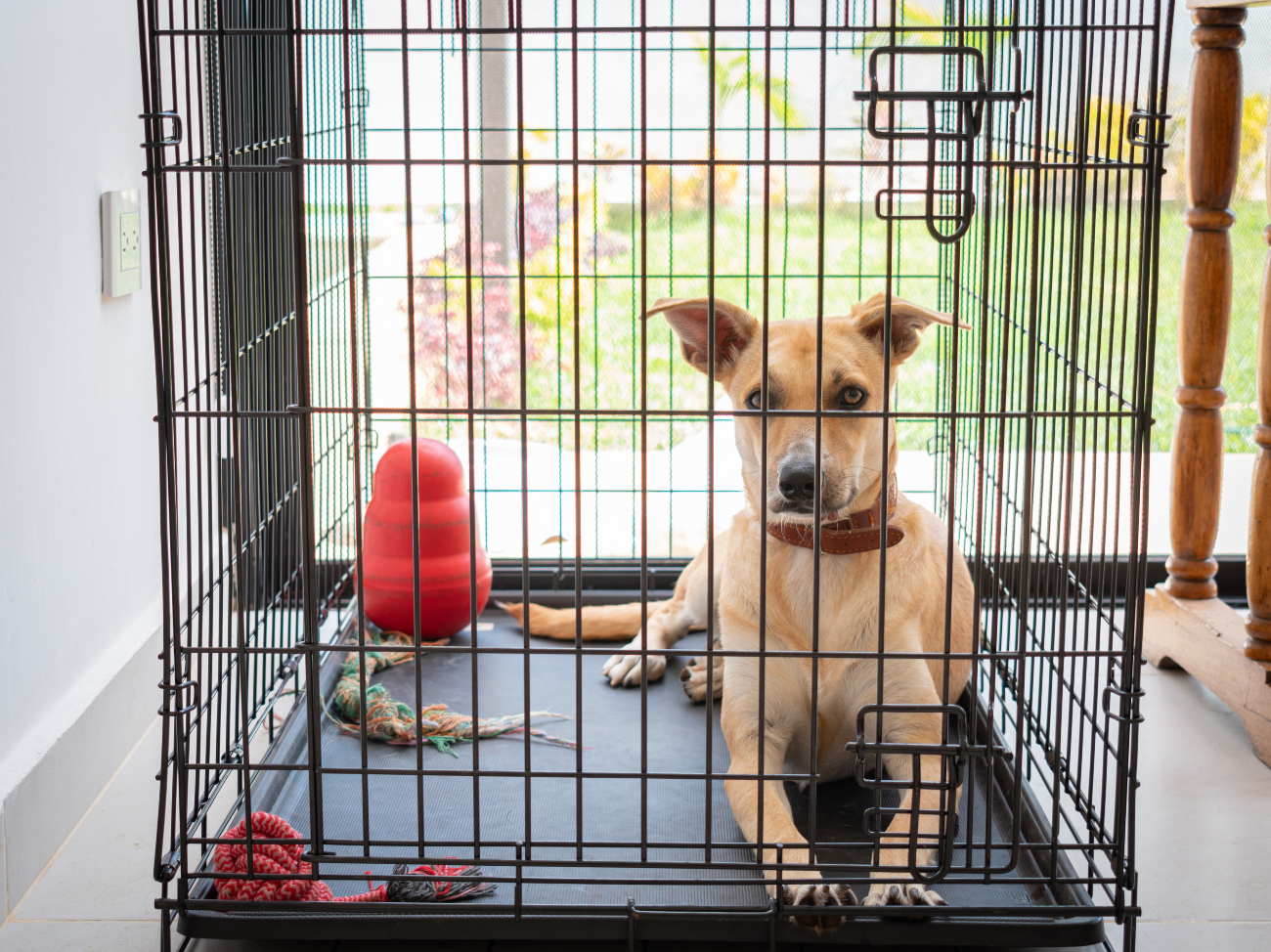
How to crate train your puppy
30/04/24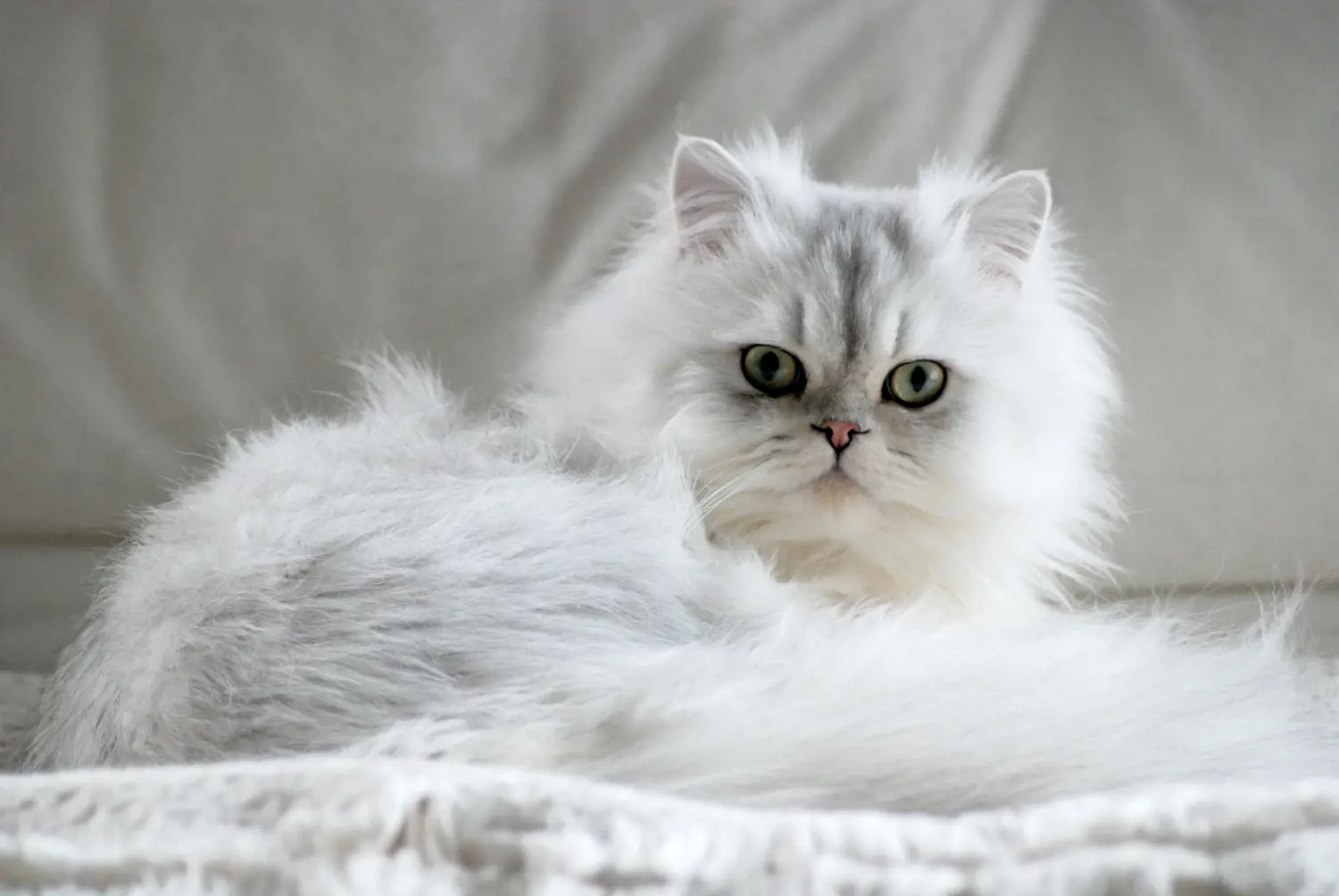
How to help a teething kitten
22/04/24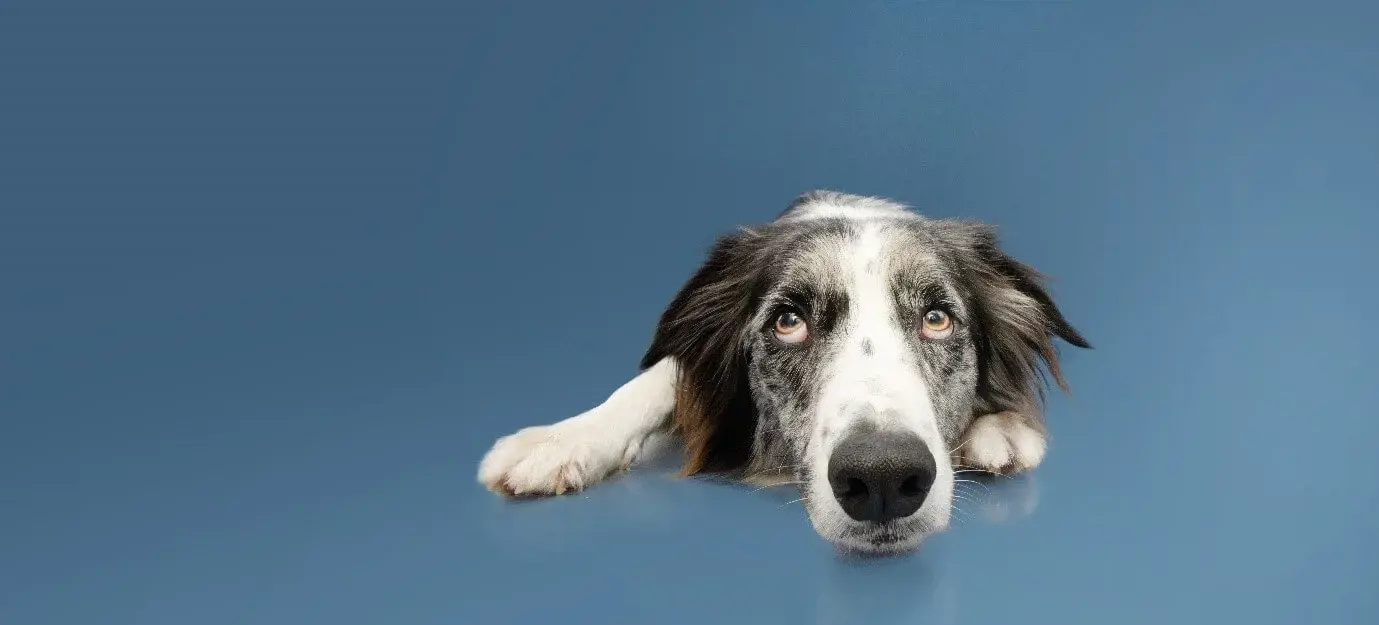
How to calm dog anxiety
22/04/24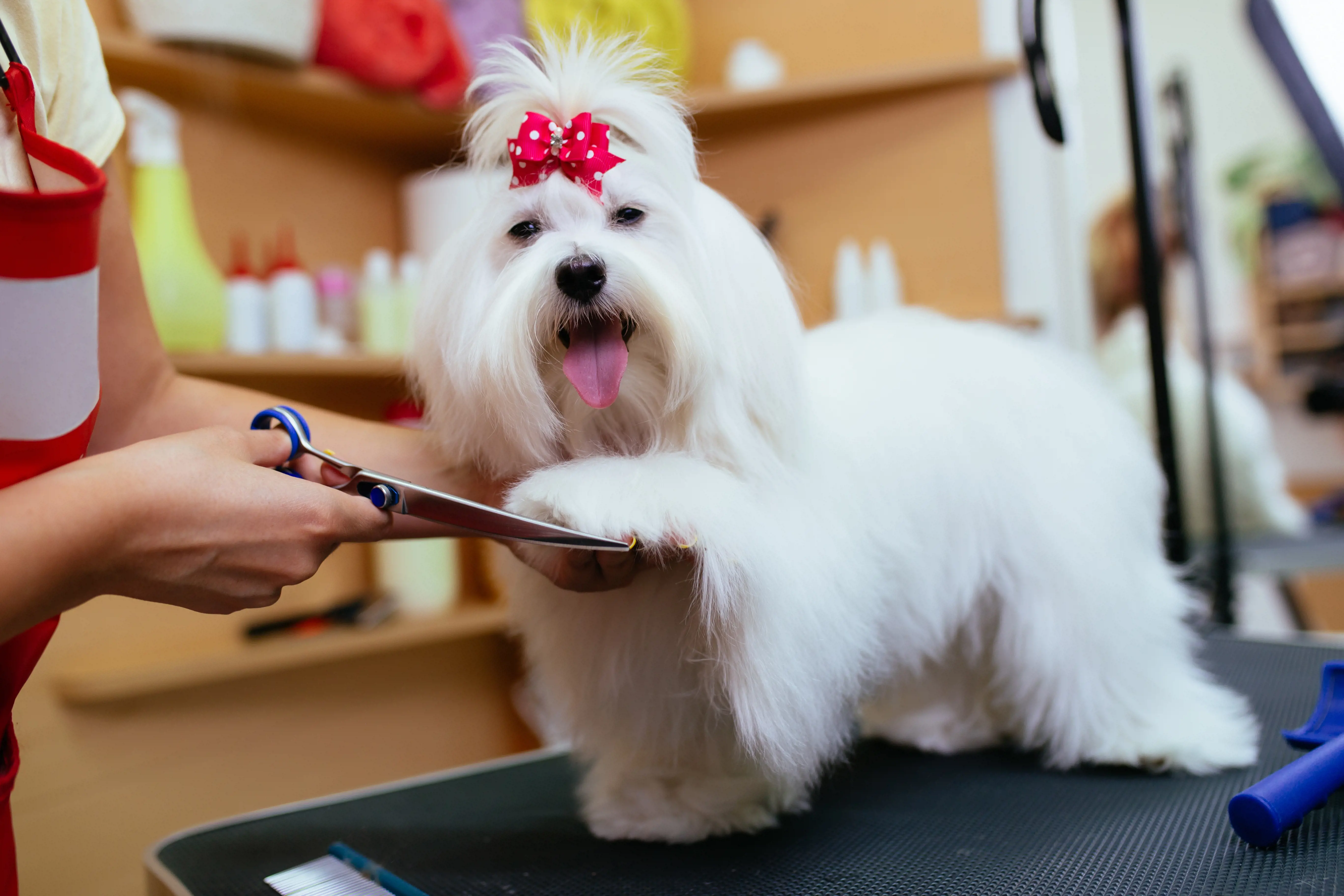
How to groom a dog at home
22/04/24Pet Insurance Quote
- 98% claims paid *
- Claims paid directly to vets
- 24/7 vet video consultations
- Interest free monthly payments
